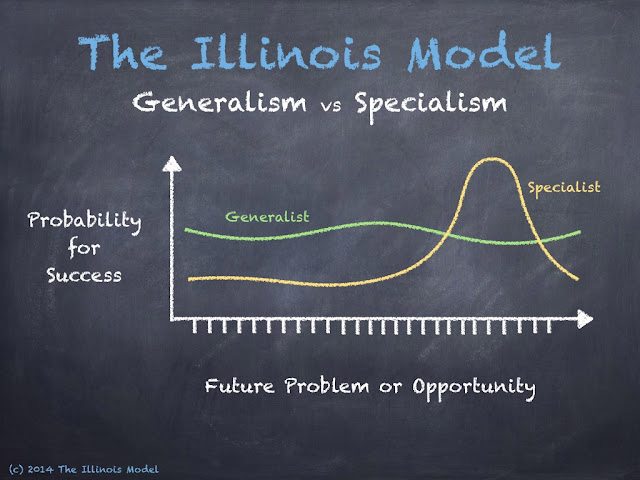#AdaptiveKids: The Canoe Trip

I just returned from a multi-day canoe trip. The kind where you pack your stuff into dry sacks, camp each night along the river banks, and have to dig holes in which to poop. It's a yearly adventure for us old friends to bring our sons into the wilderness -- without microwave ovens, cell service, sports schedules, or iPads. An aspect that continues to interest me...after years of hiking, camping, boating with them (and various other groups)...is how much variety there is in packing between us. Personally, I subscribe to a minimalist approach. Let me explain the mindset, given the inevitable tradeoffs, risks, and compromises that go along with this practice. Here are some thoughts that went into my decisions on what to include in our boat: VOLUME & WEIGHT OF LOAD. First off, the sheer size and mass of the cargo impacts mobility, effort, and workload. Heavy packers have to carry more stuff. Stuff takes up room in your backpack...or in this case...canoe. When s...






